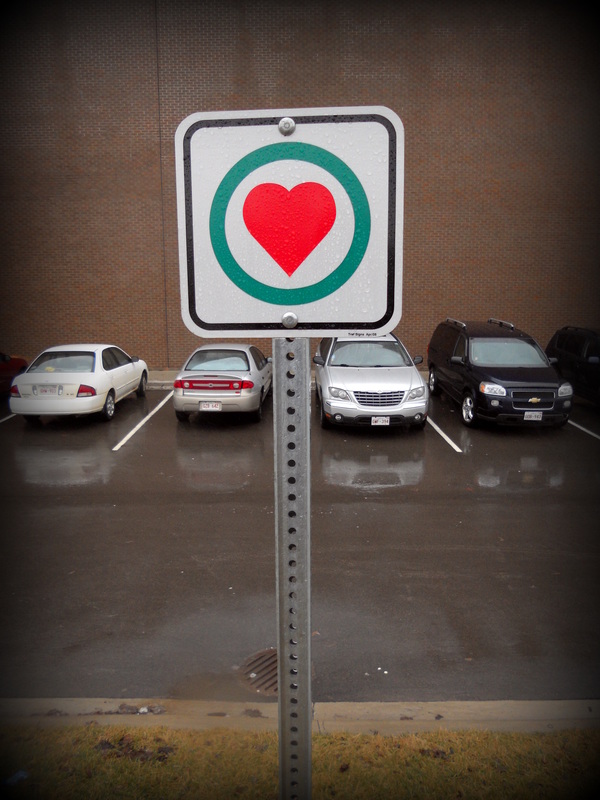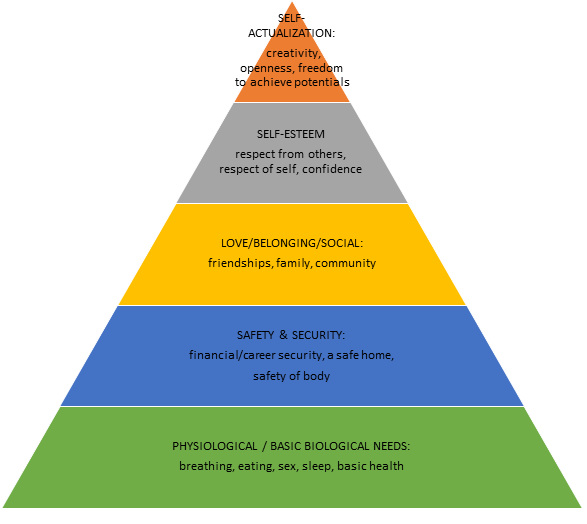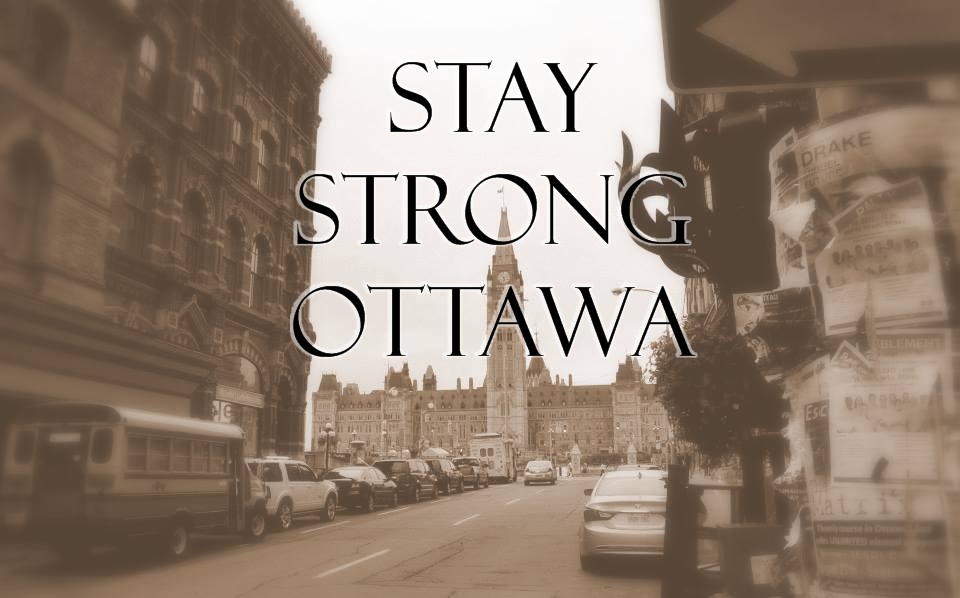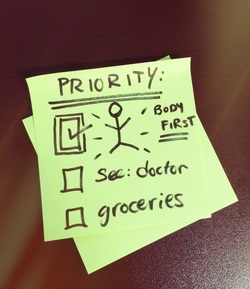You get an hour or even a half hour and you are excited you can use this time so well to get so much done...
You have a day off and think to yourself, "Today I am going to get everything done! Yes!"
You're at your office desk and think, "Ok, today is the day I am going to be efficient... I will get enough done."
So you sit at the task at hand and FREEZE. You don't know why, but you just can't start. It's not happening. Then you get upset with yourself for not starting. It gets worse. Time passes and now you have lost valuable time and feel all the more heavy. Sound familiar?
If so, fear not. There is a simple and powerful little something you can do to resolve that difficulty starting. Try this behavioural tip and see it do wonders for your stress reduction, anxiety, guilt and all those unpleasant feelings you may have, including for some of us, a panic attack that can leave us feeling debilitated in a negative cycle.
The tip: Instead of doing the task you are having a difficult time starting, PREPARE for the task and lay out the setting for it. What does this mean? Here's an example: You need to produce a document for work or school and can't seem to get started. Instead of thinking about the entire project, focus only on one simple little mission: setting the stage. Is it in the office or living room you will be working? Do you need specific books for the task? Do you need to have a calculator, paper, or anything else that relates to the work? Are there things that are NOT related to this task? If so, CLEAR them away, we are setting the stage for something else.
What this seems to do is to let our mind focus, not on the large and amplified and possibly scary or unpleasant task itself, but only on the preparation for it. In doing so, not only does you mind become clearer, focused and less overwhelmed, it also gets a chance to get into a different and calmer, easier orientation. Afterall, it's much easier to set up a stage than to do the performance itself.
While it may not be the only resolution or quick-fix for what may be a more complex affair, try this and see how it could work for you.
To address deeper origins of issues similar to this in your own case, you can seek a personal therapist who can help decipher and resolve other factors that may be involved.
For more information or to book your own appointment with a professional, call: 514-594-1215 (long distance, Skype/Facetime sessions may be available). #montreal #therapy #personalcounselling #stress #anxiety #panic #procrastination











 RSS Feed
RSS Feed
